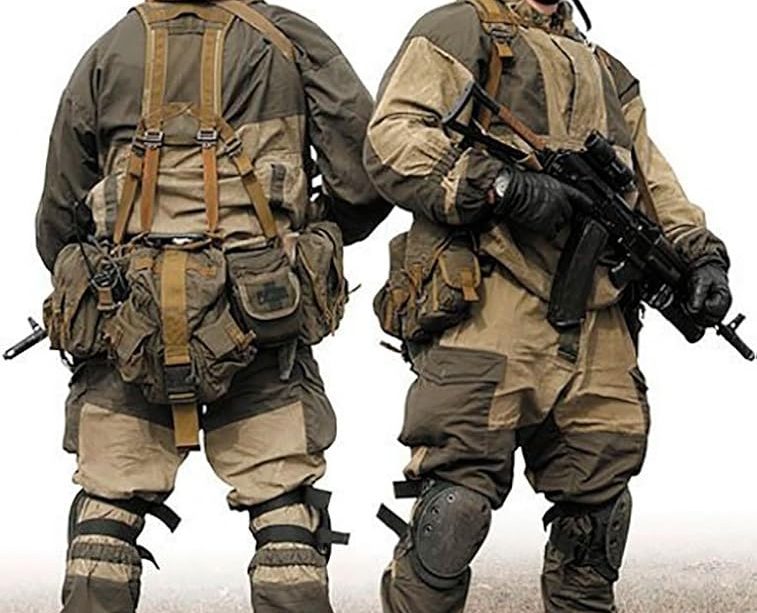The Rise of Gorka in Media and Politics

Introduction
The name Sebastian Gorka has become synonymous with political commentary in recent years. A former advisor to President Donald Trump, Gorka is a polarising figure in modern media, known for his controversial views and staunch defence of conservative ideals. His ascent through political ranks and media platforms has made him a significant player in shaping political discourse, especially among right-leaning audiences.
Background and Career
Born in London to Hungarian parents, Gorka moved to the United States and became a naturalised citizen. He earned a Ph.D. in Government from the Corvinus University in Budapest, where he developed an interest in counter-terrorism and international security. His career includes a stint at the National Security Council under Trump and various roles in think tanks dedicated to national security. Gorka’s commentary often revolves around the challenges of Islamic extremism and calls for a robust national security policy.
Media Presence and Influence
Since his departure from the Trump administration, Gorka has become a prominent figure on conservative media platforms. He hosts a radio show and frequently appears on outlets such as Fox News, where he articulates his views on political strategy, immigration, and foreign policy. His style is characterised by directness and a tendency to challenge liberal ideologies. This has garnered him a loyal following, yet also criticism from liberal commentators who accuse him of promoting divisive rhetoric.
Recent Developments
As of 2023, Gorka continues to influence the political landscape, especially with the upcoming presidential elections in the United States. He is actively involved in various campaigns and often participates in political rallies, galvanising support for candidates who align with his conservative vision. In recent statements, he has emphasised the importance of a strong response to global threats, reinforcing his long-standing stance on national security. His involvement in these political events has sparked discussion about his potential role in any future administration, should his preferred candidates secure office.
Conclusion
Gorka’s trajectory in media and politics highlights the growing divide in contemporary American discourse. His supporters view him as a necessary voice advocating for traditional values and national security, while critics see him as a source of division and polarisation. As the political climate continues to evolve, Gorka’s influence is likely to remain significant, especially among conservative audiences who share his outlook on national and international issues. His role in shaping the narrative leading up to the elections will be crucial, and his rhetoric will undoubtedly be scrutinised as America navigates these challenging political waters.









